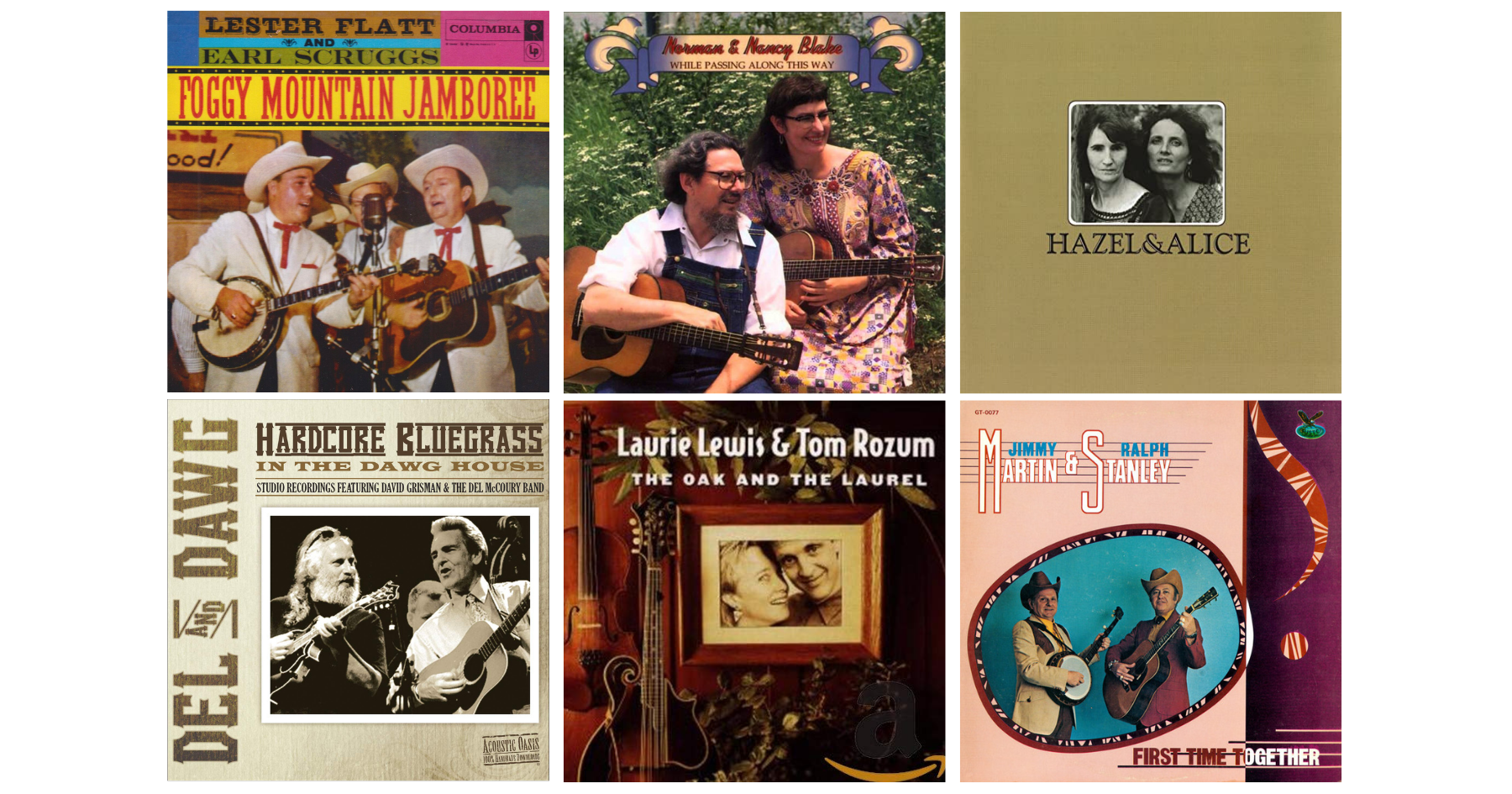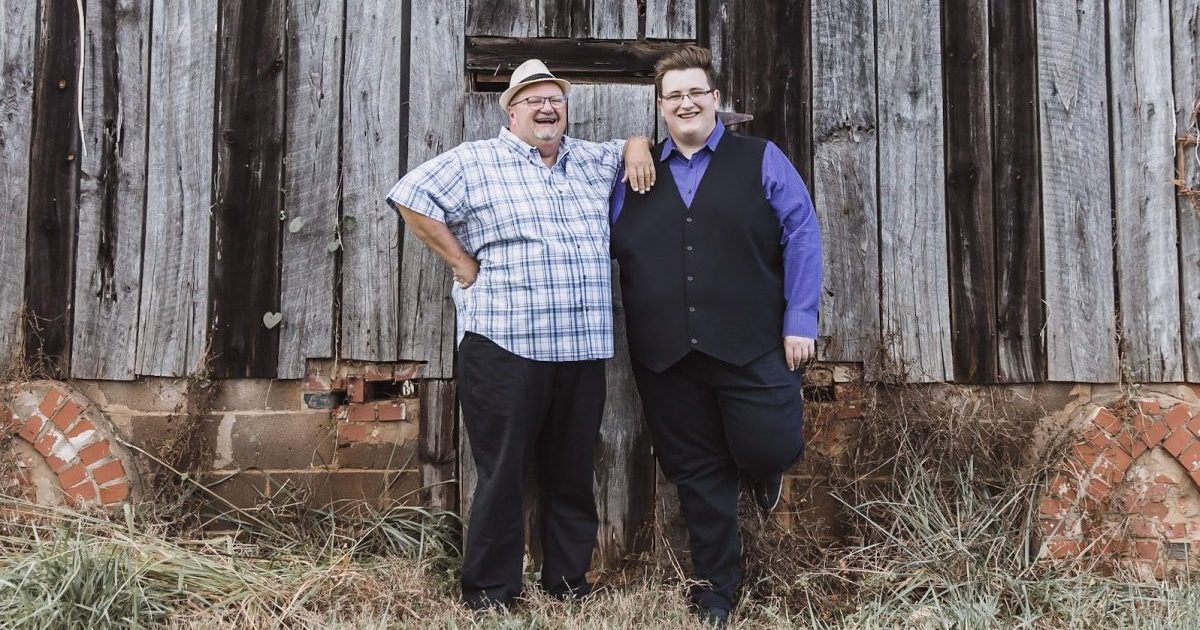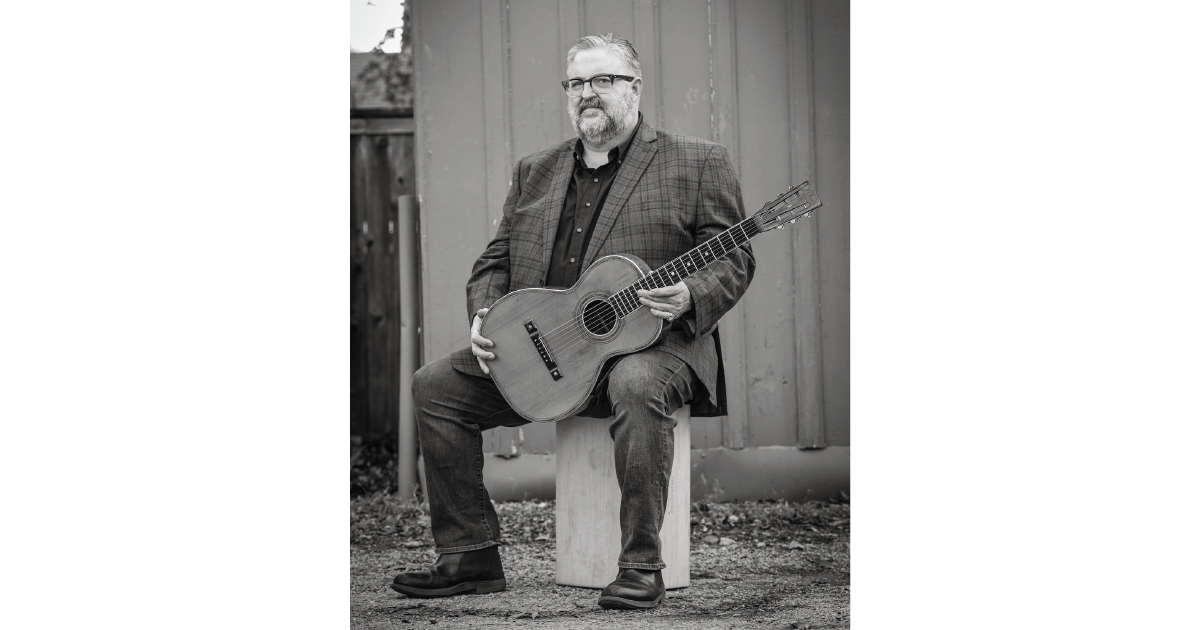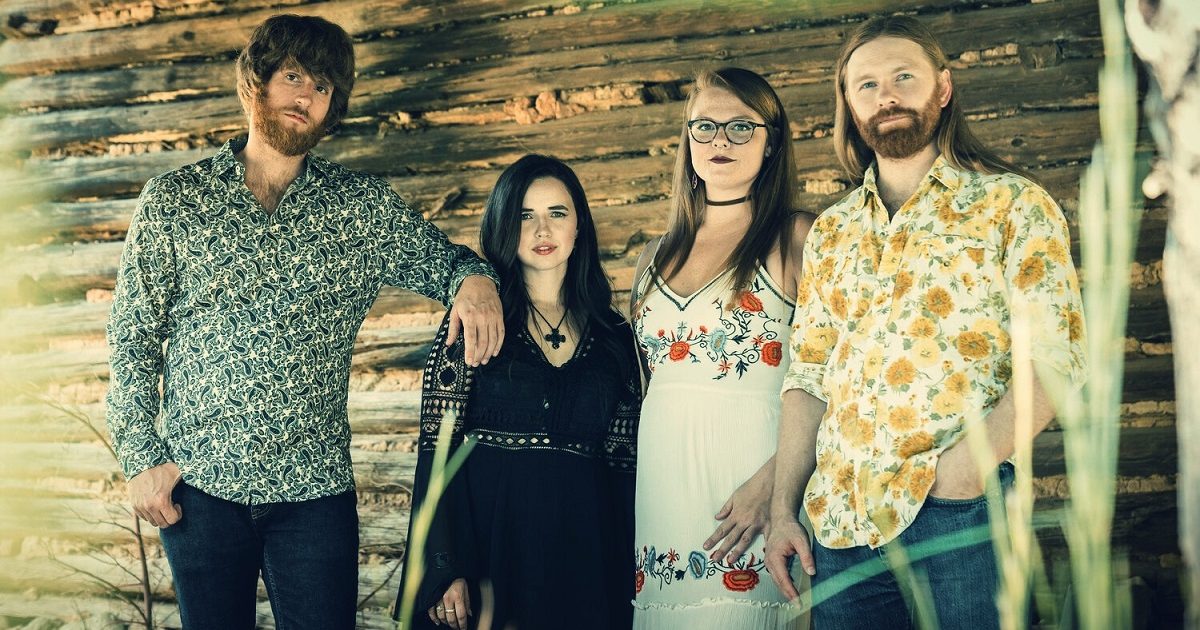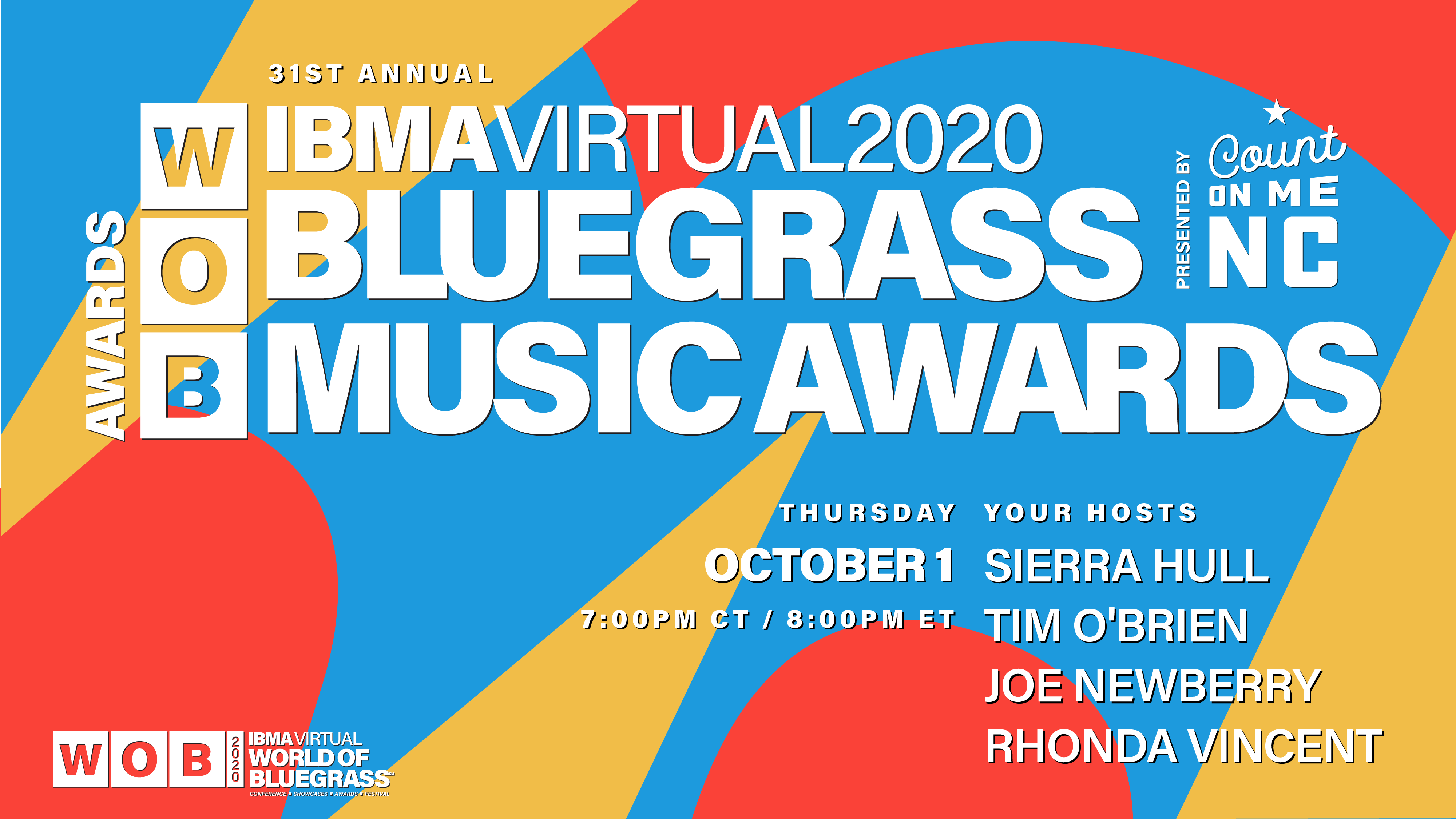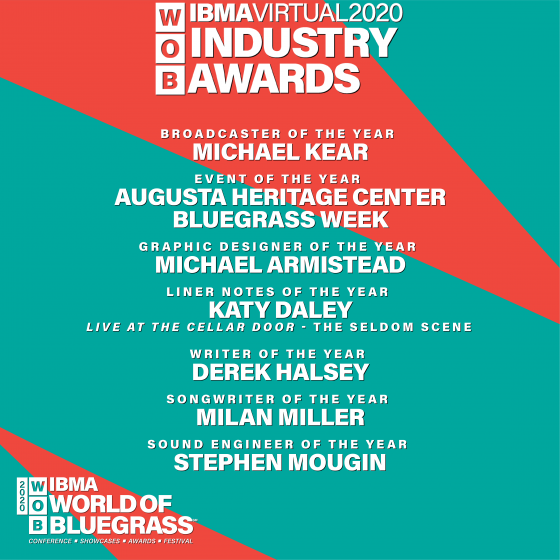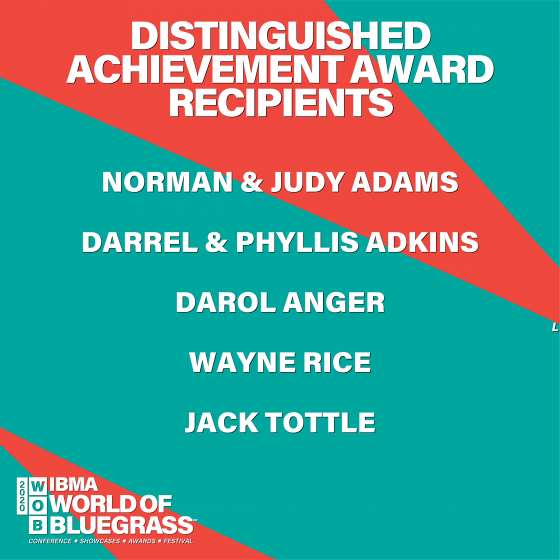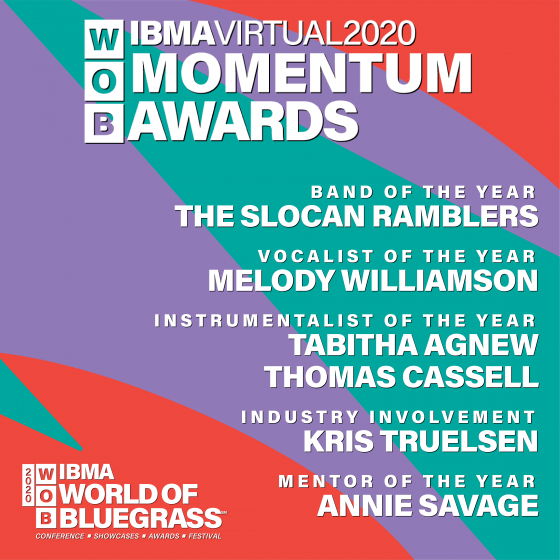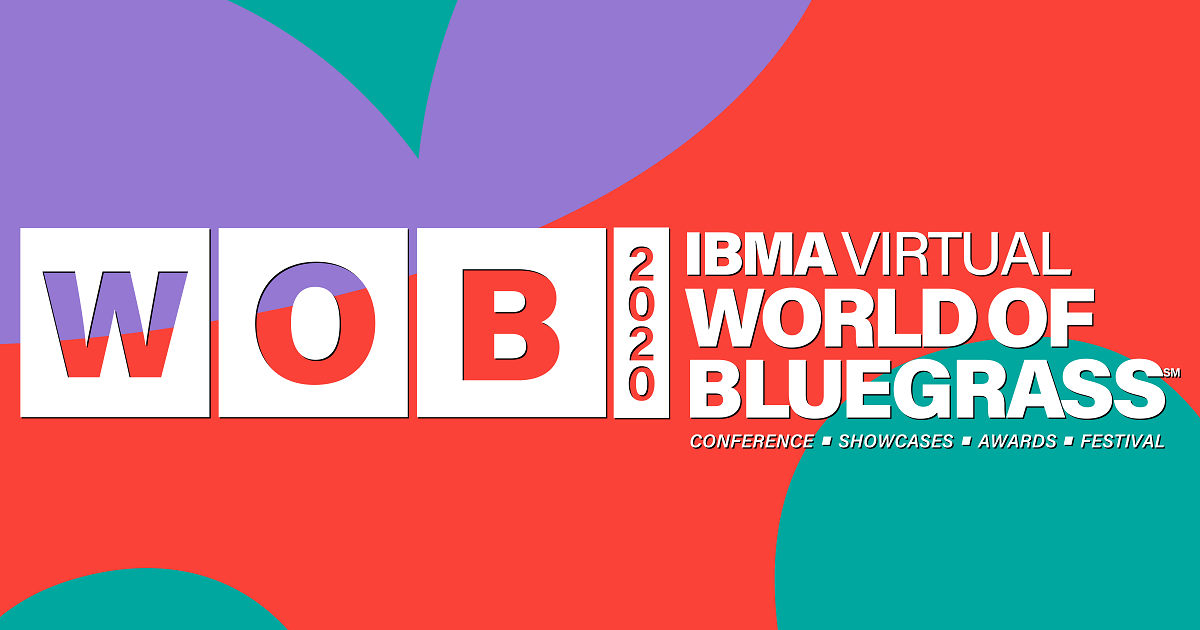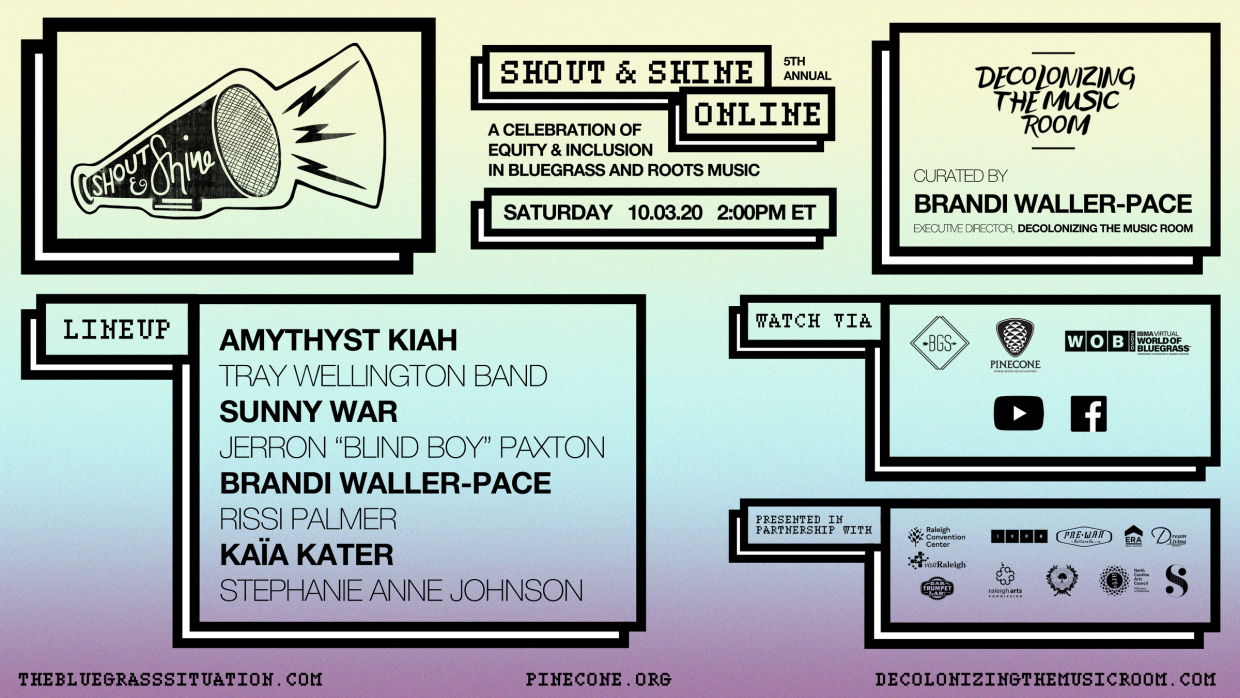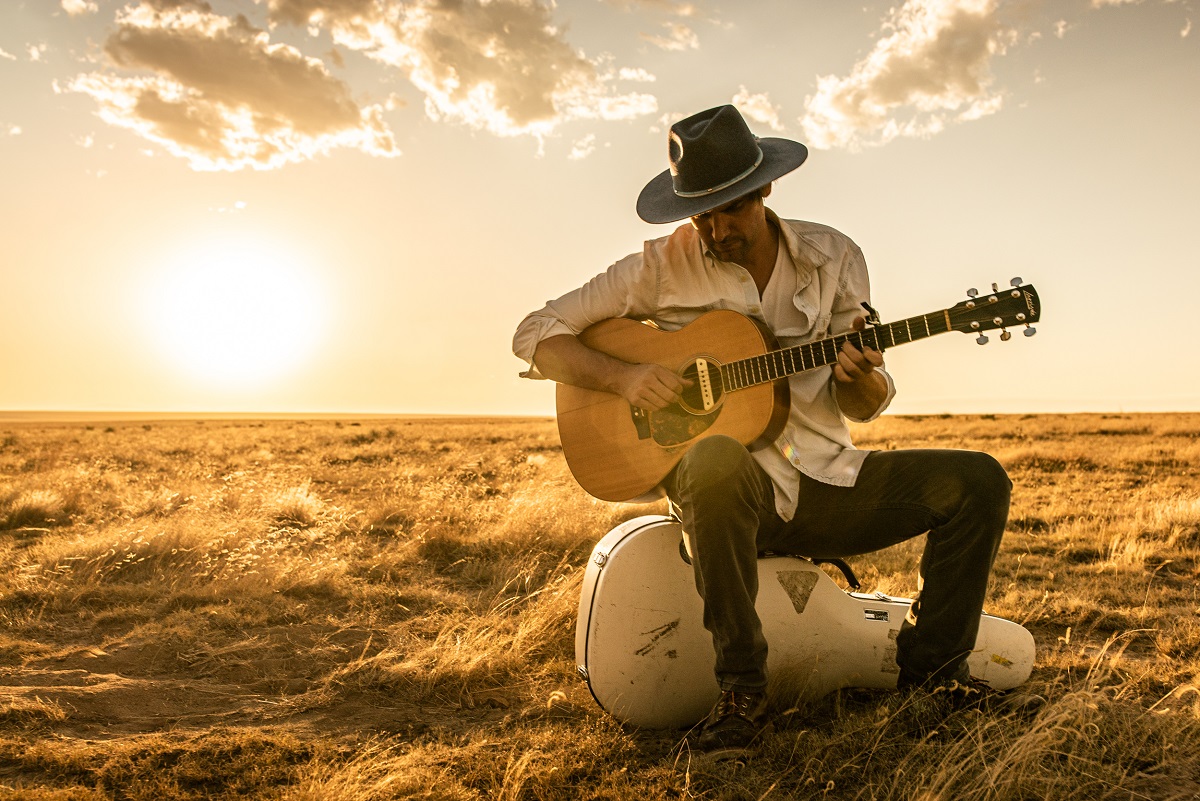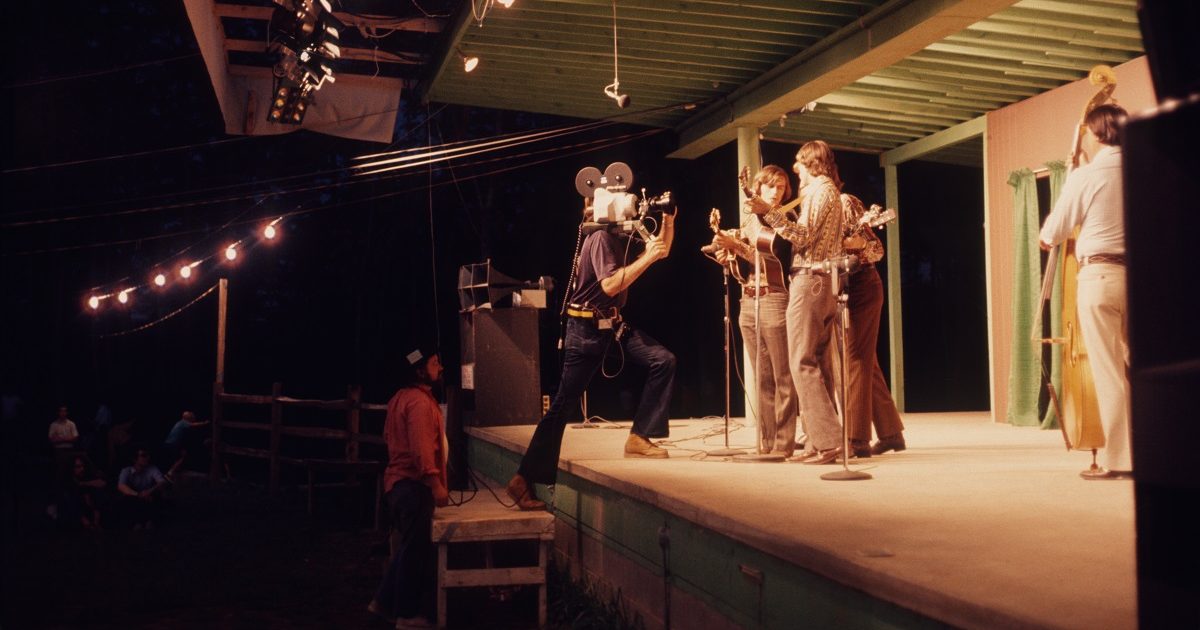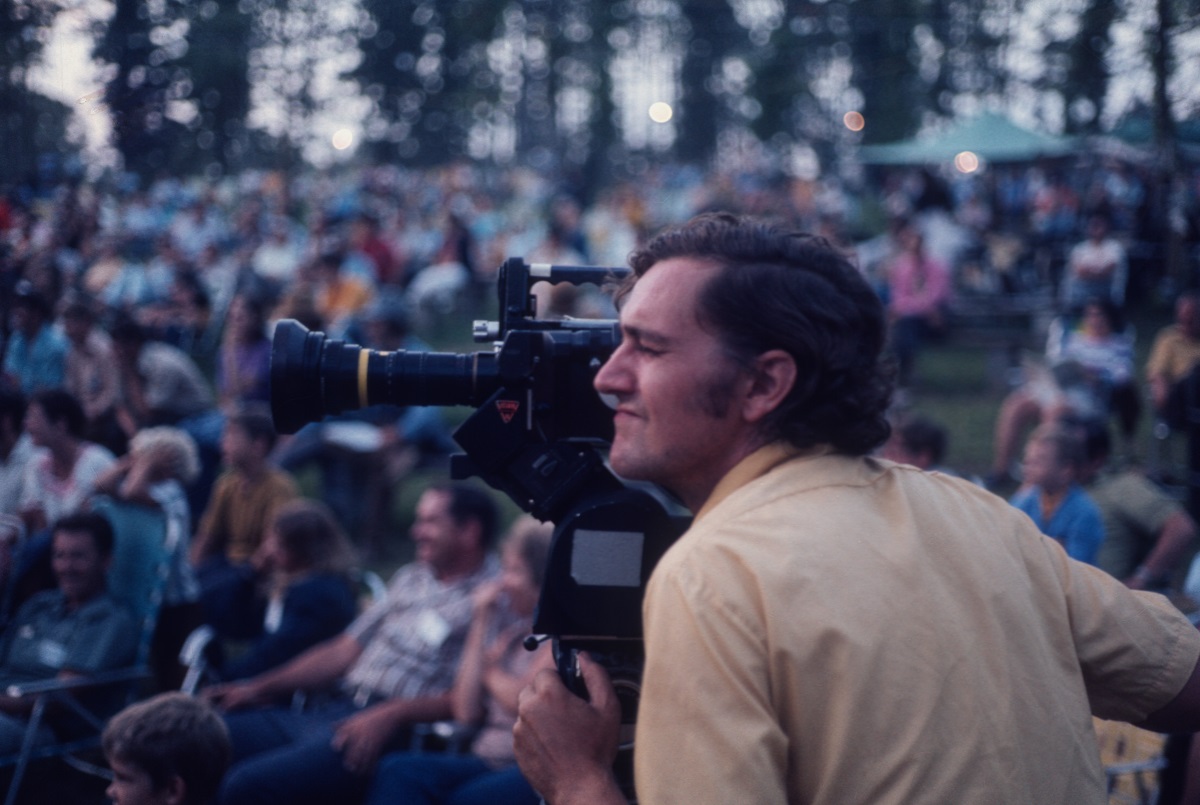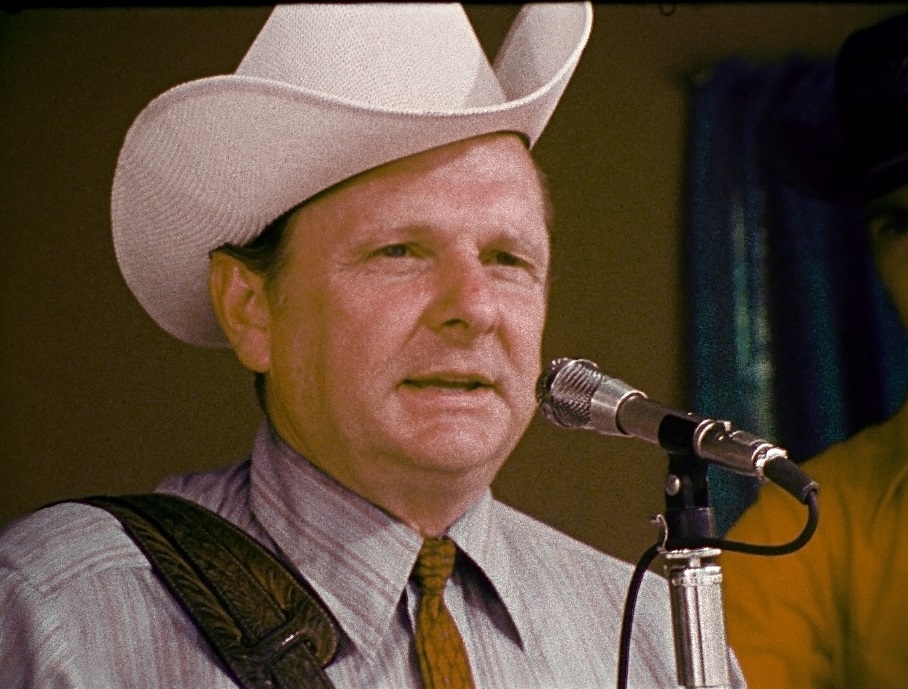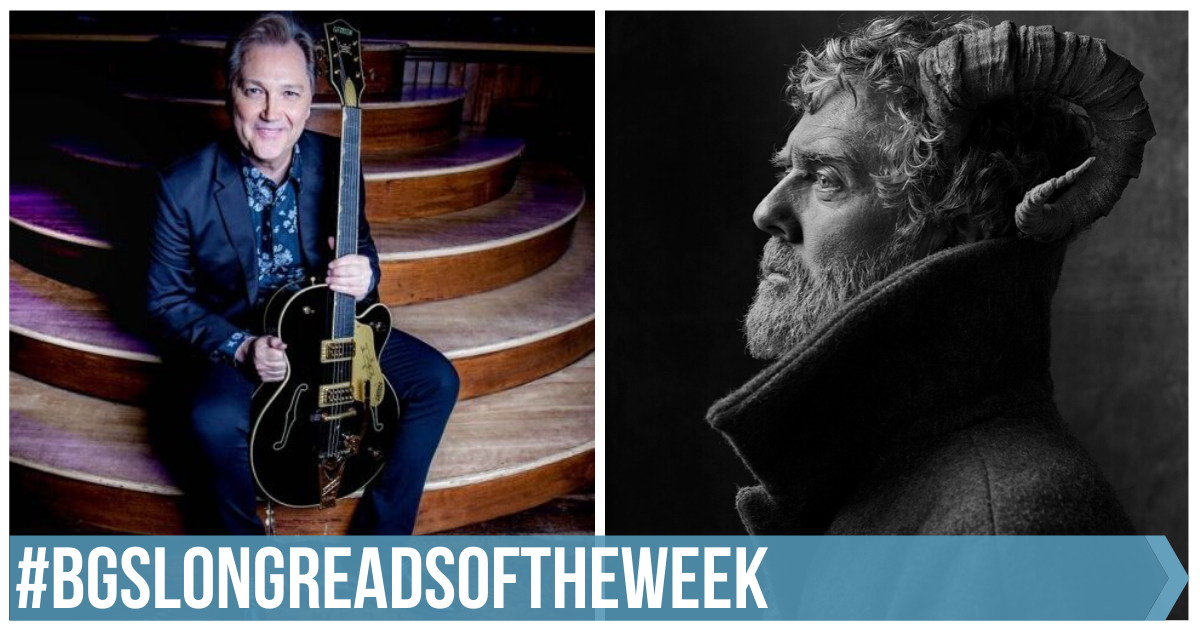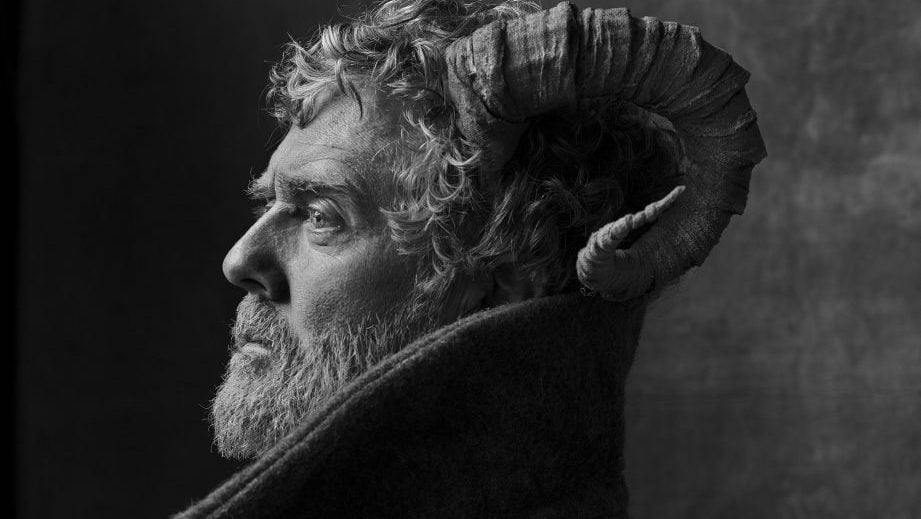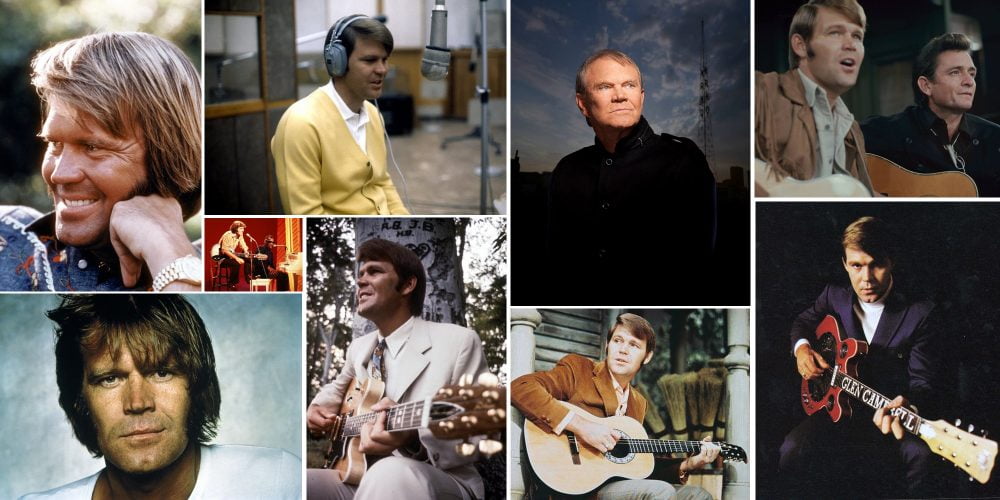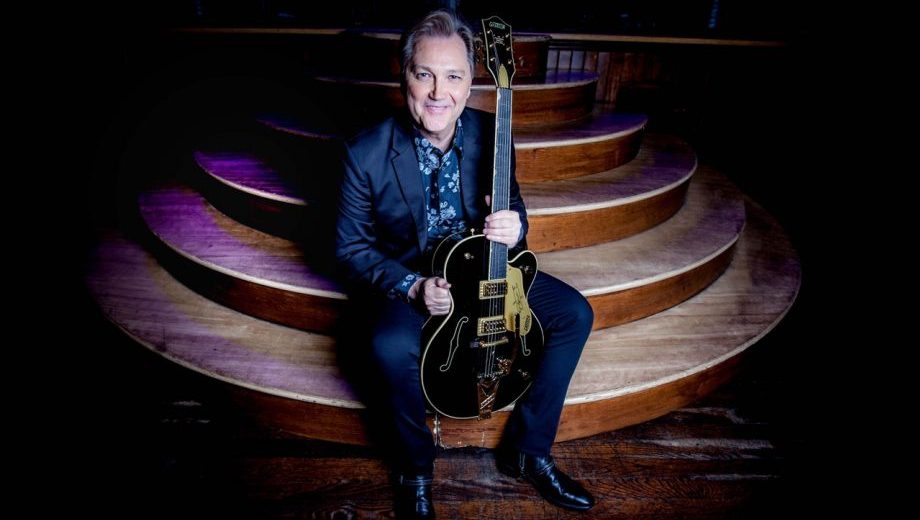To get an idea of how much I love Christmas music, I’ll start with a series of questions. Do I have nearly 700 Christmas songs on my iPod? Why, yes I do! Did I scroll through every one of them in search of ideas for this playlist? I sure did! And did I start with about 75 songs, which I had an incredibly hard time whittling down to a mere 14? Yes, yes I did — I take this playlist business quite seriously. Also, on an unrelated note, do I actually still use an iPod classic? You betcha!
As you can plainly see, I love holiday music. At any other time in the year I might weary of hearing 100 versions of the same song. But at Christmas, anything goes. If a band I love has a holiday album, I’m most definitely buying it. In high school — these were pre-Spotify days mind you — I curated my own “playlists” and grouped them into categories like “Christmas Classics,” “Rockin’ Christmas,” and “R&B/Soul” and burned them onto CDs. Every year I would add more songs ’til eventually, they outgrew the CD format!
So I relished the opportunity to put together this specially curated Mixtape for the Sitch. I tried to stay away from the classic category, even though I love “Jingle Bell Rock” and “Rocking Around the Christmas Tree” as much as the next person. My taste in music is very personal to me, so with every song comes a little story.
I understand that Christmas music is not for everyone. Even some folks who like it in small doses might tire of hearing the same songs year after year. But for me, these annual celebrations — whether Christmas, Halloween, or National Donut Day — give us something to look forward to when the constant toiling of life wears us down. And that is a good and worthy thing, especially in a year when so many joyful things have been canceled. I hope you enjoy this collection and that you’ll get some real enjoyment out of these great songs! Happy listening! — Noah Wall, The Barefoot Movement
Doc Watson, Del McCoury, and Mac Wiseman – “Christmas Time’s A Comin’”
Something about the combination of Doc Watson’s immediately recognizable guitar playing and Del McCoury’s high lonesome tenor, not to mention the great Mac Wiseman (who I just learned was a co-founder of the Country Music Association, who knew?!), transports me directly to a living-room, after-dinner, holiday pickin’ party. This may be the quintessential bluegrass Christmas song and this is my all-time favorite version. I love it so much, it makes me want to learn to flatfoot.
Red Clay Ramblers – “One Rose/Hot Buttered Rum”
The Red Clay Ramblers are a North Carolina-based Americana band who have been making wonderful music since the 1970s. I first heard this song on our local NPR affiliate radio station’s weekend folk show, “Back Porch Music.” I was introduced to many bands on that fabulous little program that is still airing today, from legends like Doc Watson to then-up-and-comers Nickel Creek. It’s been an honor to hear my own music played on there amongst them.
Just once in my life, I’d love to write some lyrics half as good as these, which so beautifully capture the gloom of a wet, cold, melancholy Carolina winter, when even sparkling lights and greenery seem colorless and out of place. Ultimately, it’s a love song, an ode to the ones who keep us warm, no matter the weather. “When dreary Christmas decorations line the streets and filling stations and dime store Santas can’t disguise their empty hands and empty eyes… In the dead of winter, when the tinsel angels come, you’re my sweet maple sugar, honey, hot buttered rum.”
Sufjan Stevens – “That Was the Worst Christmas Ever!”
I am a huge fan of Sufjan Stevens and his wildly imaginative, fearlessly quirky music. I gave his first collection of holiday songs as a Christmas gift to Tommy Norris, our mandolinist and my now-husband, back when we were first dating. It’s since become a staple of our seasonal collection. This song in particular strongly resonated with me, as I can recall moments in my childhood that mirror the lyrics. For many, family relations around the holidays are tense and somewhat less than “holly jolly.” I think that’s okay — holidays can be stressful, and no one is perfect. This Sufjan song offers anyone who has been on the giving OR receiving end of some righteous seasonal stress a lovely cathartic release. Other favorites from this collection are “Only at Christmas Time” and “Hey Guys! It’s Christmas Time!”
Ralph Stanley – “Christmas Is Near”
Ralph wrote this downhome delight himself and originally recorded it with his brother Carter in 1958. This newer version is unabashedly country and I love everything about it. It’s as pure as freshly fallen snow! While some of the songs on my list might highlight the somber side of the season, this one is the exact opposite, with lyrics that round up all the good things that make the holidays special: family, joy, and love. It’s a magical time, if we are lucky enough to be able to focus on these things.
Pearl Jam – “Let Me Sleep (It’s Christmas Time)”
My “Rockin’ Christmas” playlist has all the classic holiday tracks from greats like John Lennon, Eagles, and Queen. It also includes this grunge-era gem. Picture, if you will, 4-year-old Noah, a card-carrying member of the Pearl Jam fan club with a wicked crush on Eddie Vedder. If I remember correctly, this song was on an exclusive vinyl single that was sent to members of said fan club, and I was one of them! It’s such a dreamy tune, and while a look at the lyrics today reveals deeper meaning, 4-year-old me related to the simple joy of taking a cozy nap on a cold day during Christmas vacation. And y’all, I still love naps. Especially Christmas naps. Because I feel like I earn them.
Duke Ellington – “Nutcracker Suite: Peanut Brittle Brigade (March)”
This is a pick from our bassist, Katie Blomarz. She began performing with us in 2015 and brought with her a background in jazz music that was cultivated by her musical family. In her own words, “For me, the Christmas spirit is amplified in jazz/big band arrangements. The Nutcracker Suite interpreted by Duke Ellington and Billy Strayhorn is the perfect harmony of a classical favorite by Tchaikovsky reimagined by a big band for a modern flair. This album has been a special one for my family because my dad, brother and I all grew up playing in big bands, and in non-2020 years, my brother plays this record live every December! It is a swinging change of pace from the pop songs on any Christmas playlist!”
Laurie Lewis & Tom Rozum / Merle Haggard – “If We Make It Through December”
When I was fresh out of high school, I landed a job at a local country music radio station. Though our programming was your typical Top 40 and wasn’t even handled at the local level, we would still get CDs sent to us occasionally, the old school, indie marketing way. This is how I happened upon Laurie Lewis and Tom Rozum’s seasonal album, Winter’s Grace. Believe it or not, this was the first time I had ever heard of Laurie Lewis, and even harder to believe, it was the first time I had ever heard Merle Haggard’s wonderful song (I was only 18, so cut me some slack!) I was an immediate fan of both. The song tells such a relatable story. I am always inspired by the way a song can take a moment in time, no matter how insignificant in the long run, and immortalize it. It’s the perfect healing device that brings comfort and affirmation, even when that moment has long passed. You can’t find Laurie & Tom’s version on streaming services, so we’ll include Merle’s here.
The Jackson 5 – “Give Love on Christmas Day (Group A Cappella Version)”
My R&B Christmas playlists feature tracks by folks like Otis Redding, The Temptations, Stevie Wonder, and of course, the entire Jackson 5 Christmas album. This song is what it’s all about. Whether or not you are religious, the sentiment of spreading love is universal, and that very concept is what lies at the heart of Christmas. I love the original Jackson 5 recording, but this one, a special track from The Jackson 5’s Ultimate Christmas Collection, is stripped down to just the vocals. It goes from being a full-fledged, studio package, to an intimate, almost hymn-like family prayer, sung by an extremely talented group of brothers. The quality of their voices is so palpable and innocent, which lends to the sincerity of the message. “Out of the mouths of babes,” indeed.
Rogue Wave – “Christmas”
I love Rogue Wave so much! And I was today years old when I realized that this Christmas tune of theirs from an awesome collection, put together by their label, Brushfire Records, is a cover of a song by The Who from their rock opera, Tommy. I’ve seen it, but I completely forgot about the song. Rogue Wave’s version sparkles like sun reflecting on a snow covered hillside, peppered with sledders. Seriously, that’s exactly what I picture when I hear it.
The Judds – “Beautiful Star of Bethlehem”
One Christmas Eve, I was attending the annual service held at my great grandmother’s church. One of the performers they had scheduled to sing came down with something, and the other musicians asked me to fill in on this song. It went over so well, it turned into a tradition, and I came back and sang it every Christmas Eve for the next 15 years. Needless to say, it earned a very special place in my heart, especially after we lost my grandmother at age 96 back in 2018. Every time I hear this recording, I remember listening to it in my car in the parking lot, to remind myself which part to sing, and my precious grandmother, beaming with pride in the audience. This is another song that I would file under the label “quintessential bluegrass Christmas listening.” The Judds’ version is perfect, thus I have yet to record a version myself, as I can’t think of one thing I would do differently.
Bob & Doug McKenzie – “The Twelve Days of Christmas”
And now a fun one! One of my holiday playlists highlights things that fall into the humor category. The selections include songs like Porky Pig’s “Blue Christmas,” barking dogs singing “Jingle Bells,” and the parody of Black Sabbath’s Iron Man, “I Am Santa Claus.” I have about five spoofs of “The 12 Days of Christmas” because, well, it just lends itself so well to mockery! This one is my favorite. The characters Bob & Doug Mckenzie are fictional Canadian brothers, created and played by Rick Moranis and Dave Thomas on the sketch comedy show SCTV that aired during the ‘70s and ‘80s. I won’t say too much. You’ve probably heard it, but if you haven’t, you should. My favorite line: “Next year, get me a chainsaw.”
Track Dogs – “How Christmas Was Meant to Be”
We met the band Track Dogs at Folk Alliance International several years ago. I was walking by a hotel room showcase and the sound I heard from within made me turn around and go listen. Their typical instrumentation consists of guitar, trumpet, bass, and percussion, and they are made up of members from England, Ireland, and the US, yet the band came together and now resides in Spain. The fusion of all these elements yields something truly unique. Lead singer Garrett Wall, whom I must be distantly related to (at least I hope so) has one of my favorite voices in modern music. This song is eloquently penned, perfectly arranged, and beautifully recorded. A new Christmas favorite for me, to be sure.
The Seldom Scene – “Silent Night”
No autotune here folks, these guys are the real deal. The Seldom Scene is one of my all-time favorite bluegrass bands. When I was a preteen, and all I listened to was Limp Bizkit and Korn, I went through a phase where music like theirs was “too bluegrassy” for my taste. Then one day, I saw the light, thank God. They have such a signature sound, they were true innovators, with harmonies that stand alone in creativity, even today. This song in particular is the perfect example of why people buy Christmas albums. It’s simply pleasing to hear a band you love sing a familiar song, even one that has been recorded thousands of times and sung for centuries. Oh and by the way, I still love Korn and Limp Bizkit and have absolutely no shame in admitting this. If they had Christmas albums, I’d probably buy them.
Ryan Shupe & the Rubberband – “The Gift”
Ryan Shupe & the Rubberband are described as an American rock/bluegrass band on Wikipedia. The “rock/bluegrass” classification kind of makes me chuckle, but it’s true! Their style marries the two seemingly opposite genres of music. We shared a booking agent with the band for a while and we were able to play a few events with them. Every year when I hear this song, my sincere desire to spend my time on Earth doing good is renewed. It’s so hard to keep this ideal at the center of my attention, when the inevitable storms of life keep me constantly distracted and focused on myself, and my innate introversion pressures me into seclusion. But when I hear this song, it gives me the motivation I need to get back out there and try again, to seek to do better in every way I can, to be a friend, an ally, and a comfort to anyone in need. It’s a lofty aspiration, and I am just a work in progress, but this song gives me hope that I might one day find the strength to live up to it.
Photo credit: Workshop Media Co.
